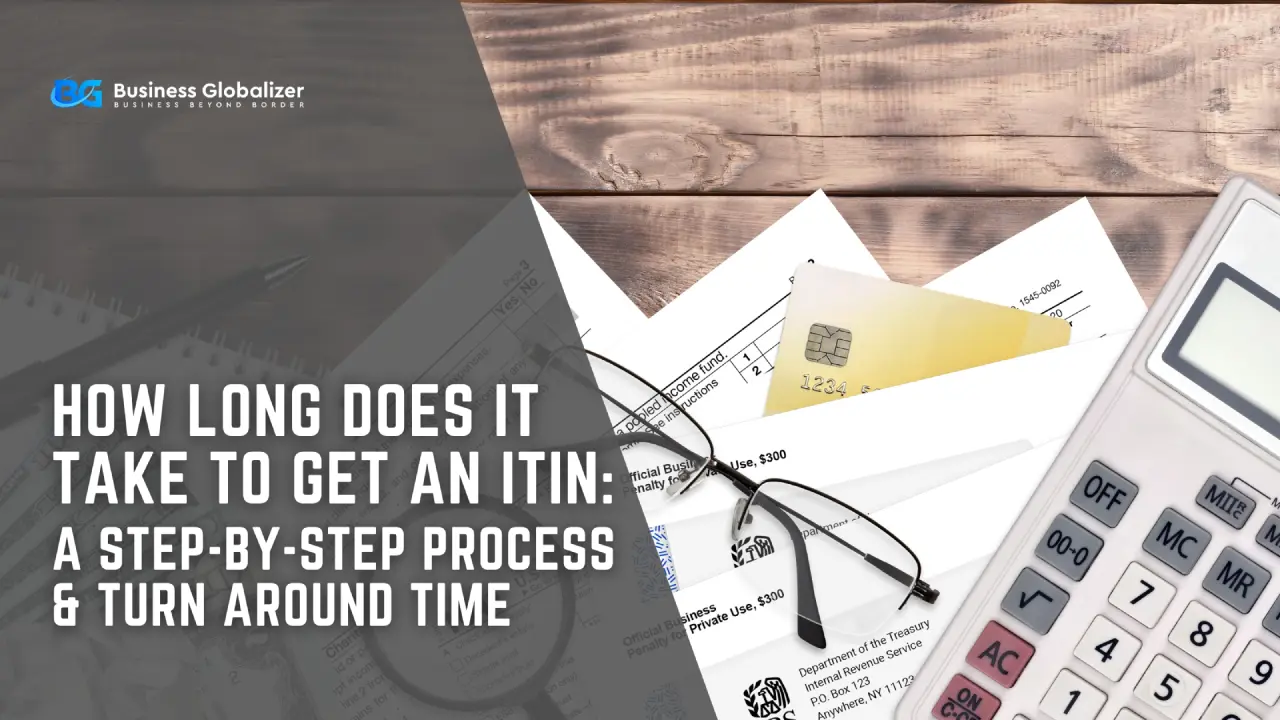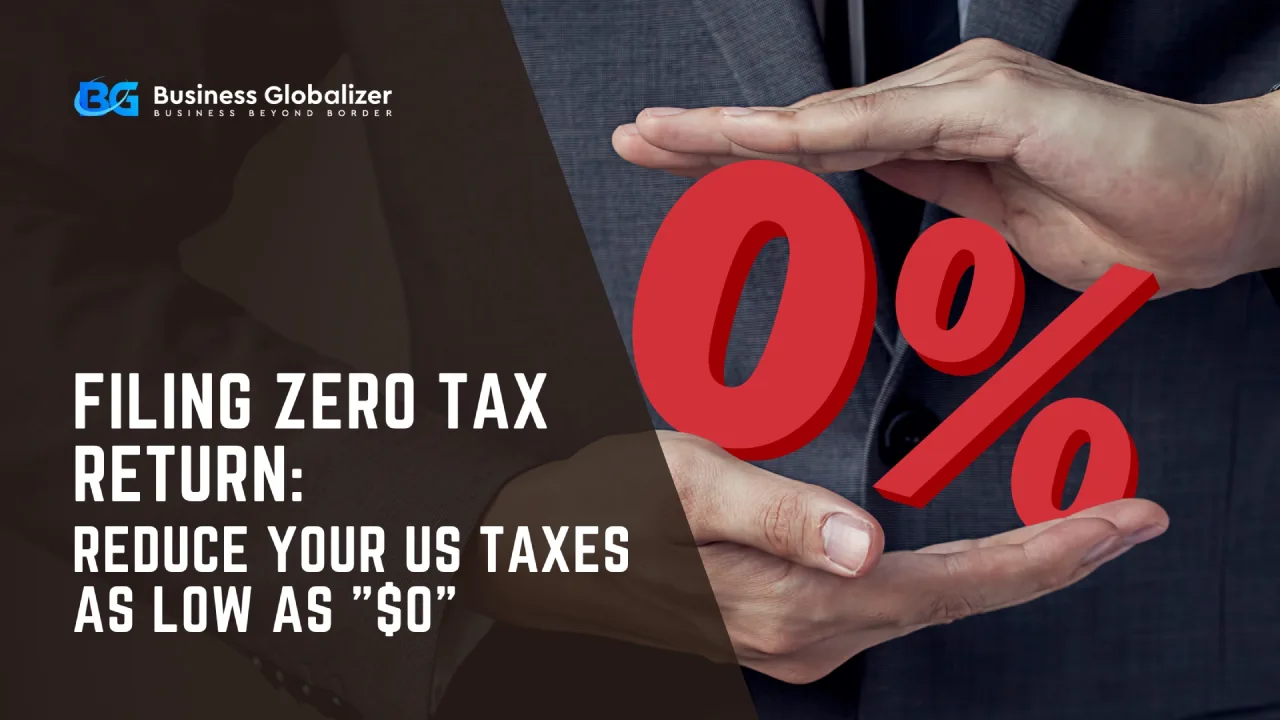Just imagine, you live in the US without a Social Security Number (SSN) but still you need to fulfill the tax obligations. This is where the Individual Taxpayer Identification Number or ITIN comes into act.
Anyone who lives in the US but can not get an SSN—could be a dependent of a US resident, or is a non-resident doing business in the US needs to know the purpose of ITIN. This is crucial for tax filing and compliance. This can simplify your financial responsibilities and ensure you stay on the right side of the law.
What Is ITIN Number?
Let’s explore the core concept first: The ITIN.
Individual Taxpayer Identification Numbers (ITINs) are unique numbers issued by the IRS to those who require a U.S. tax ID but do not have a Social Security Number (SSN). It provides a lifeline for non-US residents, resident aliens, and their families who need to file taxes or handle financial matters in the United States. Paying taxes without an SSN can be difficult, but the ITIN simplifies the process.
Example of ITIN Number
Let us talk about Javier, a Mexican guy with enormous goals. He has always wanted to create a taco stand in Austin so he could share his passion for cooking and the great flavors of his culture. However, when he begins to prepare, he runs into a stumbling block: he needs a taxpayer ID to make it official. Javier feels frustrated; he just wants to bring a taste of home to Texas.

Thankfully, a friend mentions the ITIN as a solution. With relief, Javier applies for his IRS ITIN number. Once approved, he can finally register his business and set up a shop all while ensuring he’s meeting the tax obligations.
Who Needs an ITIN Number?
As we’ve seen with Javier’s story, individuals like him who are non-U.S. residents and don’t have a Social Security Number (SSN) often need an ITIN. This includes:
- Someone from another country working here in the US and has to deal with taxes.
- Foreign companies who want to hire employees in the United States.
- Dependents or spouses of an immigrant who resides in the United States.
- Non-resident aliens requesting a benefit under a tax treaty.
- Non-resident aliens seeking to open a bank account or apply for a loan in the United States.
Essentially, anyone who needs to comply with US tax laws but is ineligible for an SSN may need to obtain an ITIN to fulfill their tax obligations.
What Are the Purposes of ITIN Number?
Just like Javier’s scenario, ITIN serves many different purposes for both individuals and business entities:
- Tax Reporting: Individuals who work or do business in the U.S. as a non-resident or resident and dependents of a US resident, mainly, those who are not qualified for SSN, might need to obtain an ITIN to fulfill their tax reporting requirements.
- Information Return: If a U.S. citizen or resident owns a foreign entity abroad they might need an ITIN for filing specific tax forms like 5471 to the IRS. Individuals need this identification number to disclose information about their ownership in foreign corporations.
- Tax Filing: Non-resident aliens might obtain an ITIN by making an application with Form W-7 for filing tax returns with the IRS. This happens for the following reasons:
- Wages earned while working in the US (even temporarily).
- Investment income (interest, dividends, etc.).
- Rental income from US property.
- Business income earned in the US.
- Banking and Financial Services: Whether you are a resident or a non-resident in the US, some banks and financial organizations still require an ITIN:
- for opening your bank accounts.
- to offer financial services.
- Foreign Business: Non-residents who want to launch a business in the US, often get an ITIN for-
- filing US tax returns,
- opening bank accounts,
- setting up a US PayPal account.
- Form a Company: Depending on the state laws and corporate structures, individuals may need to apply for ITIN to start a business in the US as part of the application process.
- Business and Legal Transactions: Obtaining an ITIN is necessary for a number of business and legal activities in the United States, including leasing real estate, qualifying for a mortgage loan, and carrying out other financial operations involving taxpayer identification.
To put it briefly, an ITIN is mostly used to help tax compliance and reporting for those who are not eligible for an SSN but still have legal duties in the US or need to conduct financial and legal transactions there.

ITIN Renewal: When Is It Necessary?
So, if you face similar situations mentioned above and trying to figure out the U.S. tax scene, you might need an ITIN. At this point, you may be wondering do you need to renew your ITIN. If it’s, then when?
You can think of an ITIN renewal as updating your driver’s license. This renewal is necessary under certain circumstances to ensure its validity for tax purposes. Here’s when renewal may be required:
- Expiration: Those Individual Taxpayer Identification Numbers (ITINs) that were issued before 2015 and with middle digits ranging from 70 to 99 were due for renewal by the end of 2022 but have not been executed yet: they might need renewal to use them for tax returns filed in 2023 or later.
- Non-Use: If an ITIN is not used on a federal tax return at least once, it expires after three years. In this case, it must be renewed to continue being used for taxes.
- Change in Circumstances: If something big changes in your life, like you become eligible for new tax benefits or need to report income, you might need to renew your ITIN to reflect that.
- Dependents Aging Out: If you have dependents with ITINs who are turning 18, they might need to renew theirs since they could lose eligibility for certain tax benefits.
Keeping your ITIN up to date ensures you can stay on top of your taxes without any hassle or interruption.
How Business Globalizer Can Help?
At this point, let us give you a proud declaration: Business Globalizer is IRS authorized CAA (Certified Acceptance Agent). What does that mean? That means we are perfectly able to issue an ITIN without any third-party interference or hassle. So, if you need one, you know where to go!
Check our CAA status on the official website of the IRS.
FAQs
Can Individuals renew their ITIN number online?
Answer: No, you cannot renew the ITIN online. Currently, the IRS doesn’t offer online renewal for ITINs. You’ll need to submit a paper application with the required documents by mail or in person.
How often does one need to renew ITIN?
Answer: An ITIN expires if it hasn’t been used on a federal tax return for three consecutive years. So, the renewal frequency depends on your tax filing history. If you use your ITIN to file at least once every three years, you won’t need to renew it.
What should I do If I lose my ITIN Number?
Answer: If you lose your ITIN number, you need to contact the IRS to retrieve it.
How to get the ITIN number for non-residents?
Answer: Non-residents can apply for an ITIN by filing Form W-7 on the IRS website and submitting the original documents or certified copies to verify their identity and foreign status. You can do this through mail in person or with the help of an IRS-Certified Acceptance Agent Business Globalizer.
Can I hire someone who has an ITIN number?
Answer: No, typically you cannot hire someone with just an ITIN. They cannot work lawfully in the US without a Social Security number (SSN). However, there might be exceptions for specific tax situations. Consult a legal expert for details.
Final Words of ITIN Number
By understanding the needs of ITIN individuals can stay right path regarding tax laws. Tax benefits are available to non-residents in addition to a range of financial services. The benefits of being a part of the US financial system, such as tax obligations, are guaranteed when you get an ITIN.





